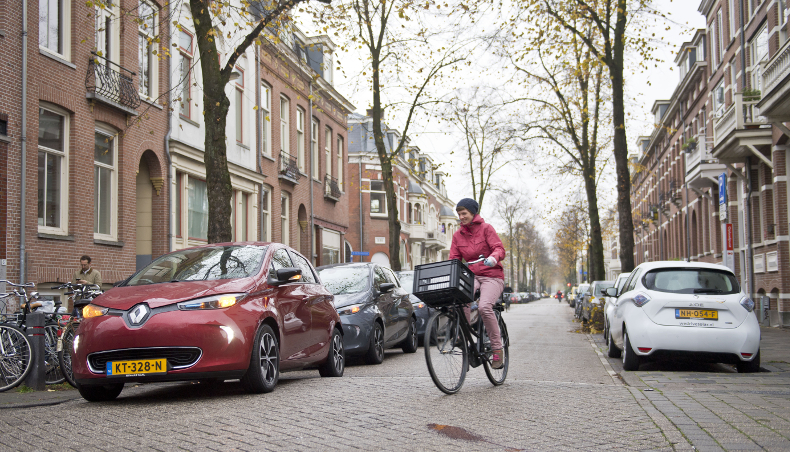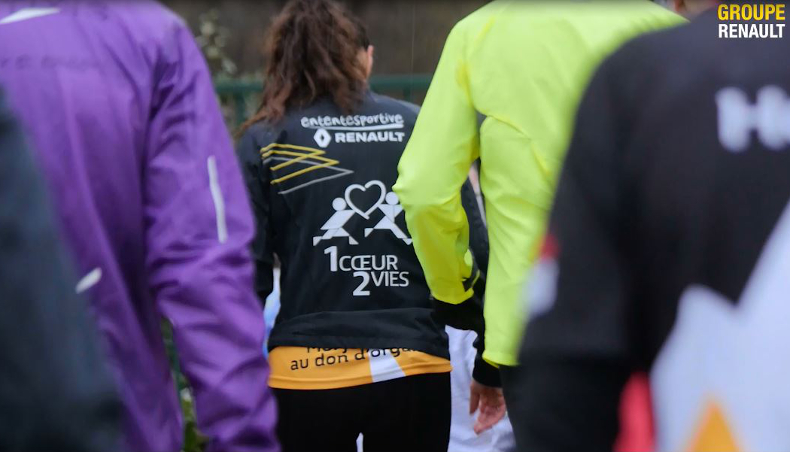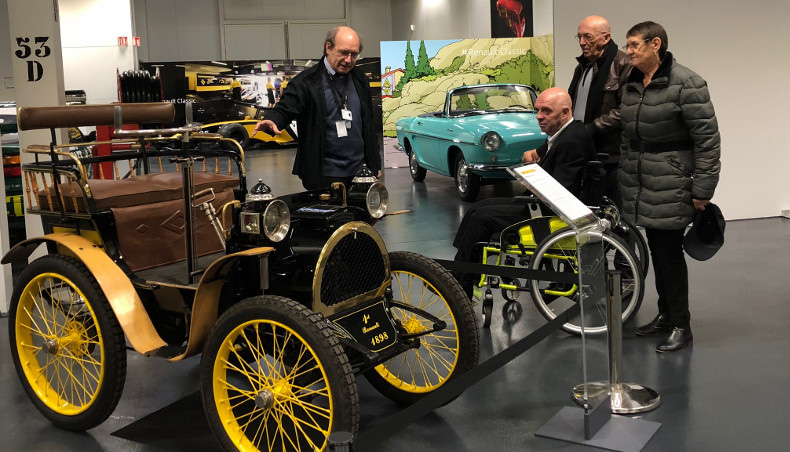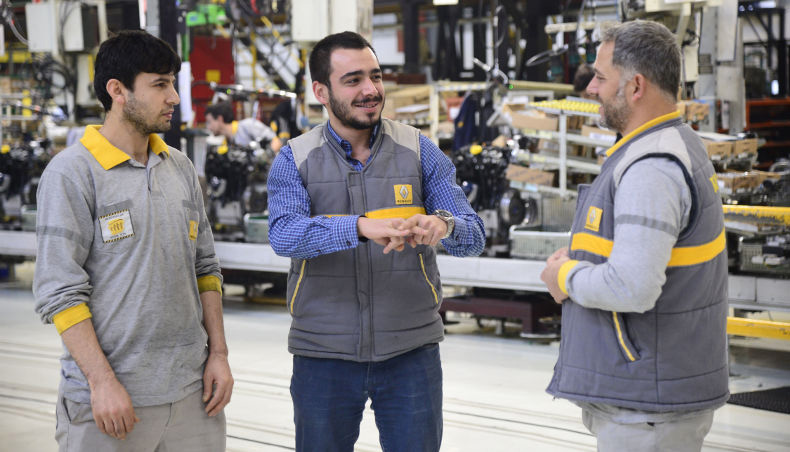

What is the One Planet Summit?
 Jean-Philippe Hermine: The "One Planet Summit" takes place 2 years, day to day, after the Paris Agreement, the first universal climate agreement. While the Paris agreement set the framework for the objective of containing climate change below 2° C by 2100, the One Planet Summit intends to settle down the implementation of the actions needed to achieve this objective. It brings together public and private financial players alongside industrialists to finance and accelerate the joint fight against climate change and support adaptation to these changes. The stated objective of these two days is to give a new boost to "green" international finance and business development strategies in favour of activities and innovations that contribute to the energy transition.
Jean-Philippe Hermine: The "One Planet Summit" takes place 2 years, day to day, after the Paris Agreement, the first universal climate agreement. While the Paris agreement set the framework for the objective of containing climate change below 2° C by 2100, the One Planet Summit intends to settle down the implementation of the actions needed to achieve this objective. It brings together public and private financial players alongside industrialists to finance and accelerate the joint fight against climate change and support adaptation to these changes. The stated objective of these two days is to give a new boost to "green" international finance and business development strategies in favour of activities and innovations that contribute to the energy transition.
What are the stakes for the Renault Group and why is this climate summit important to us?
JPH – Expectations of the transport sector, one of the most dependent on fossil fuels, are high and legitimate. As Carlos Ghosn pointed out during his speech at the One Planet Summit, our role is to provide technological solutions that are reliable and affordable in order to be able to generalize them and thus produce a mass effect. Our pioneering and proactive commitment to the development of electric vehicles is recognized and welcomed by the international community. Renault's word counts. We reiterated our strong commitments in this area, as demonstrated by the Plan Drive the Future. We also highlighted all the innovations associated with the electric vehicle's eco-system (smart recharging, second life of batteries) which are accelerators towards a more efficient use of energy (the smoothing of consumption) and the development of renewable energies that need storage relays to contribute as much as possible to the energy transition. Finally, we also underlined how the new services, particularly through autonomous and connected vehicles, will constitute a major step forward in optimizing the use of electric mobility.
However, these innovations and changes require the action of all players in the eco-system. They require infrastructure, accompanying policies and a coherent regulatory framework. To be successful, we, industrialists, need two essential conditions: - first of all, a framework for local, national and international consultation in order to develop coherent and homogeneous ambitions. Then, once the common goal is set, we need the support of public policies that are proactive and stable over time. It is through dialogue and consultation that these conditions emerge and this is the meaning of our participation in the summit or in the French Business Climate Pledge.
What are the Renault Group's commitments under the French Business Climate Pledge?
JPH - The automotive industry must halve its greenhouse gas emissions by 2050 to reach the COP21 targets and contain climate change below 2°C by 2100 (taking into account a possible doubling of the vehicle fleet by 2050). This implies a reduction of nearly 40% in emissions from the well to the wheel of passenger cars, which will be sold in 2030 compared to those sold in 2010. Renault's ambition is to go beyond this objective and maintain its positive contribution to efforts to reduce greenhouse gas emissions in the automotive sector worldwide.
From 2010 to 2016, thanks to the development of the range of electric vehicles, progress made on combustion engines and the implementation of the principles of circular economy (another area of excellence for Renault): the Group exceeded its targets for reducing its carbon footprint by an annual rate of -3.3%. With its "Drive the Future" plan, Renault is committed to maintaining a trajectory in line with the objectives of COP 21 mentioned above, reducing its carbon footprint by an average of 25% by 2022 compared to 2010.
Fondation pour la Nature et l’Homme study on “the electric vehicle in the ecological transition in France”
Wednesday 06 December, the Fondation pour la Nature et l' Homme & the European Climate Foundation have published details of an unprecedented study carried out with the participation of Carbone 4 and a group of experts composed of representatives from: ADEME, AVERE, CLER, RAC, RENAULT, WWF, SAFT and RTE. The purpose of the study is to evaluate the role the electric vehicle plays in meeting the climate challenge, the elements that reduce its environmental footprint and the new opportunities for vehicle-to-grid and second life batteries.
Key learnings:
1) The impacts of electric vehicles on climate and the environment vary according to the origin of the electricity used. The environmental advantages of the electric vehicle are intrinsically linked to the implementation of the energy transition from fossil fuels. Greenhouse gas emissions over the life cycle of an electric vehicle are now 2 to 3 times lower than those of petrol and diesel vehicles.
2) The environmental benefits of electric vehicles can be enhanced by developing vehicle-to-grid services or by maximizing the use of shared cars, for example.
3) When the electric vehicle is parked and charging, it can import and export part of the electricity contained in the battery to the electric grid (V2G). In cases where the energy transition targets are met by 2030, V2G electric vehicles could be an additional flexibility solution for the electrical system.
4) The use and recycling of second life batteries for the storage of electricity from renewable sources is a means of optimizing the use of the natural resources, fossil and mineral, needed for their manufacture, but also a complementary storage means to accelerate the energy transition from 2030 onwards.




